Back in January, President Obama periodically wept through a speech in which he announced several executive actions intended to tighten gun control in the United States — crazy things like expanding the background check process for some gun purchases, making it harder for unlicensed gun sellers to move arms and investing half a billion dollars in mental health research and “smart gun” technology. As Obama pointed out, “If a child can't open a bottle of aspirin, we should make sure they can’t pull a trigger on a gun."
President Obama was crying because he was recounting the horrors of the Sandy Hook Elementary School shooting in front of a room filled with, among others, family members of gun violence victims. But, of course, before he could even issue that address the GOP presidential hopefuls — most of which have been retired by the democratic process — were pre-outraged.
Donald Trump vowed to dismantle any executive action by Obama regarding guns if he took office, and Governor Chris “I set fire to all the goodwill I earned after Hurricane Sandy” Christie eloquently said, “When I become president, [Obama’s executive action] will be stricken from executive action by executive action I will take.” Known winner Jeb Bush added to the pile by saying, “It’s wrong.”
But the truth is, this country is plagued by gun violence — plagued in the sense that, like The Plague, it is killing thousands and thousands of people in the United States every year. Thousands have already died this year, in fact, and the cause is not so simple as “Muslim terrorists” or “bad guys” who we can protect ourselves from with more guns. Before we entertain insane people like Ted Cruz and their insane ideas like “patroling Muslim neighborhoods” we need to actually examine why gun violence is occuring. So we did. And we put it in a video, just for you.
Music: Nym - "Lesser Known Good" https://nymself.com
Data Source: https://www.shootingtracker.com/
Produced by Gabriel Reilich
Graphics / Animation by Jake Infusino https://jakemotion.com
Research by Katie Felber and Gabriel Reilich
Download the Dataset here: https://bit.ly/1oZuR0l





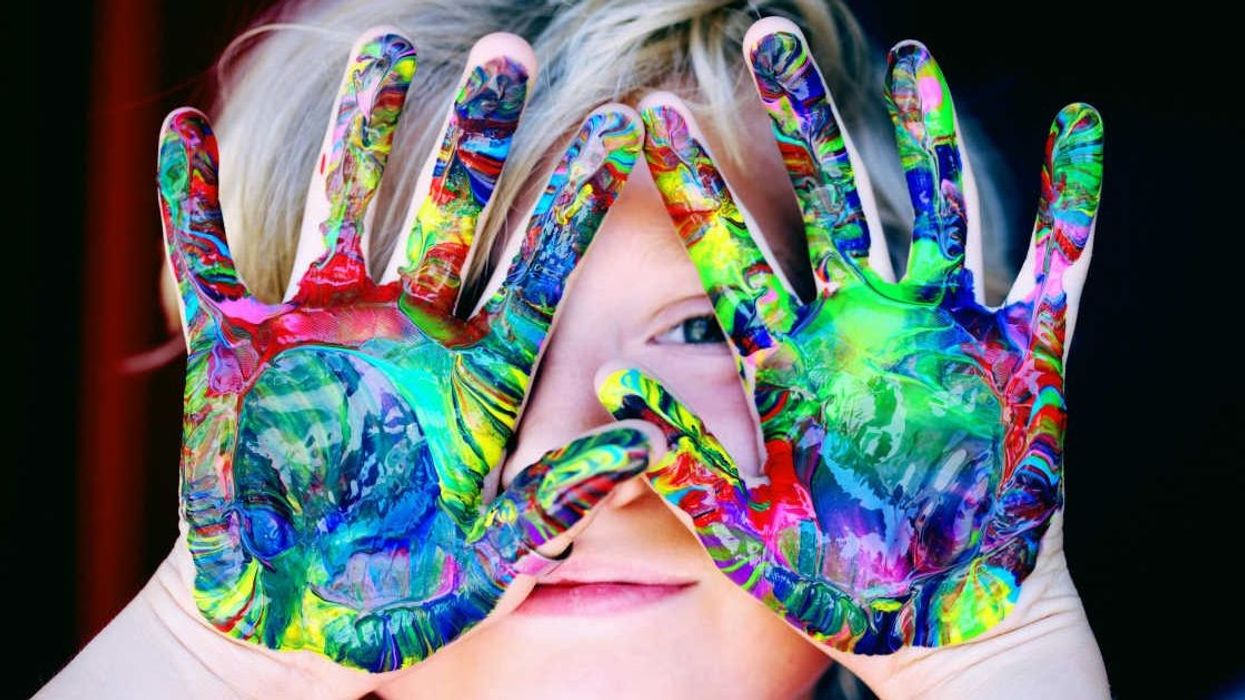

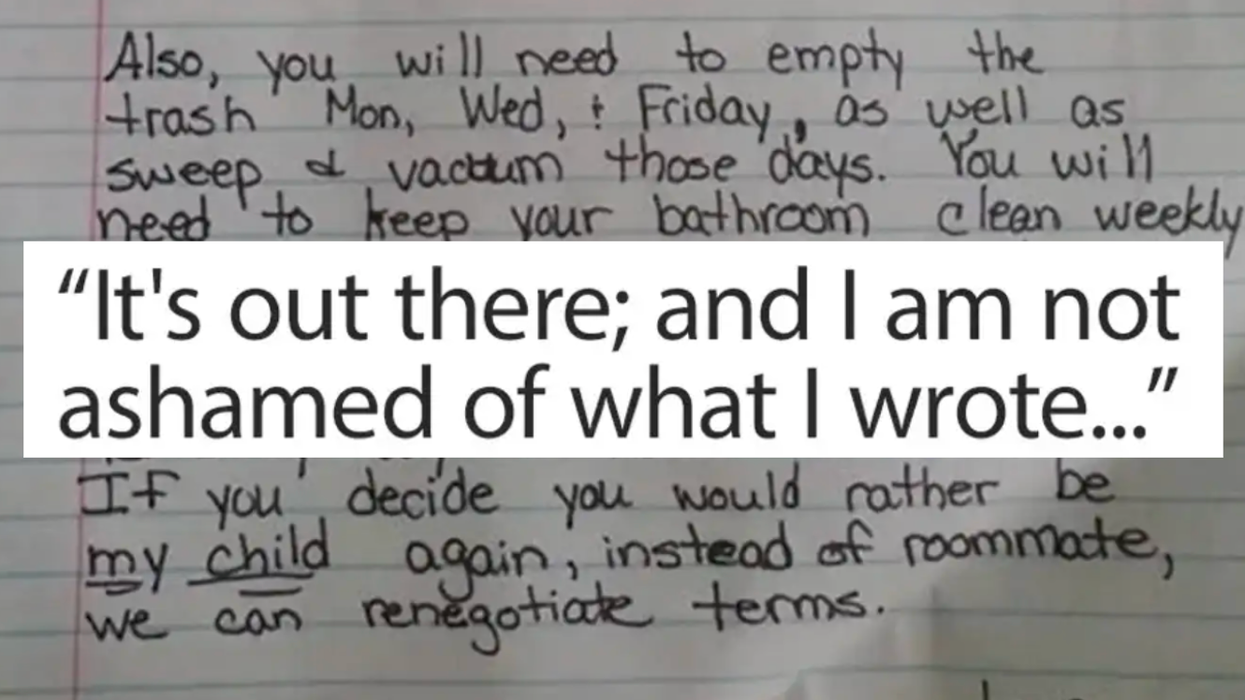
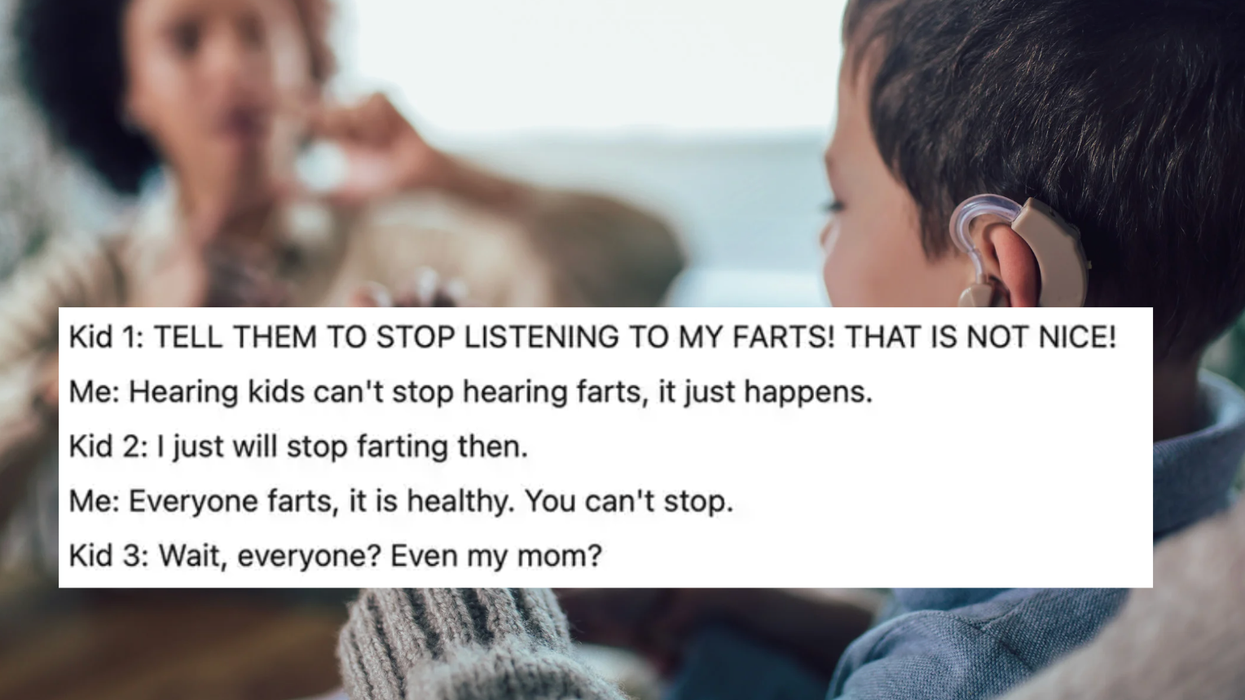







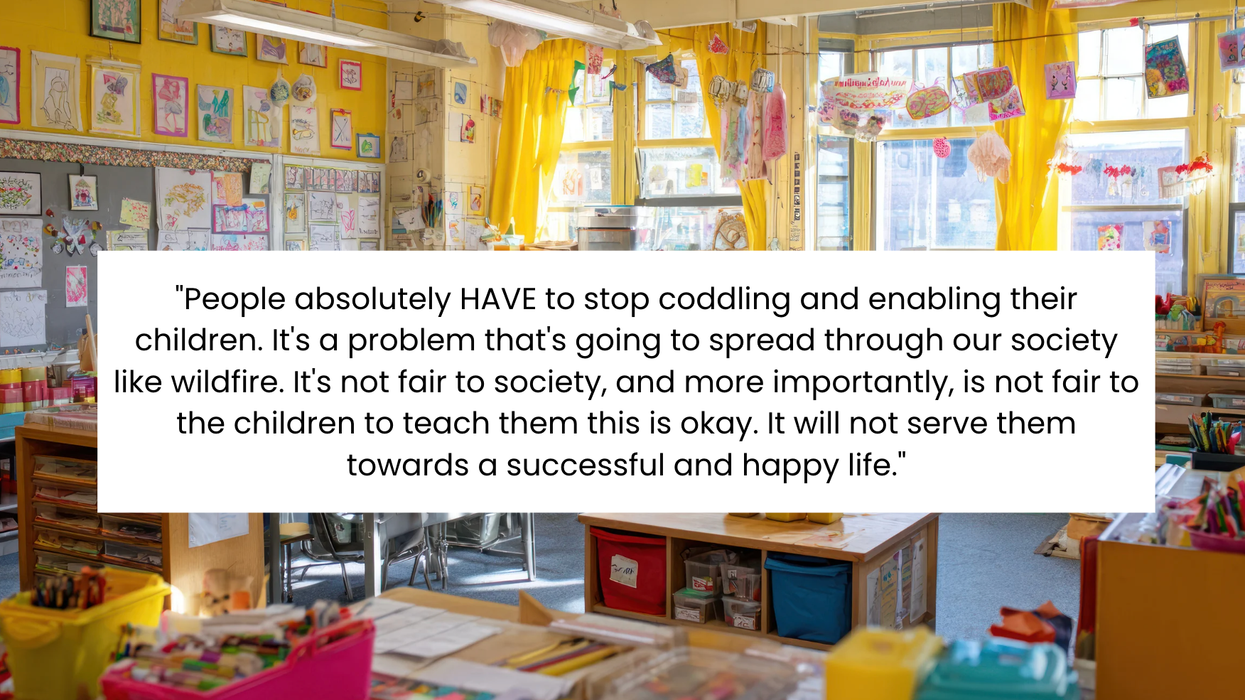
 A real estate agent talks with a young coupleCanva
A real estate agent talks with a young coupleCanva A frustrated school teacher takes a breakCanva
A frustrated school teacher takes a breakCanva A young girl plays around in her messy roomCanva
A young girl plays around in her messy roomCanva
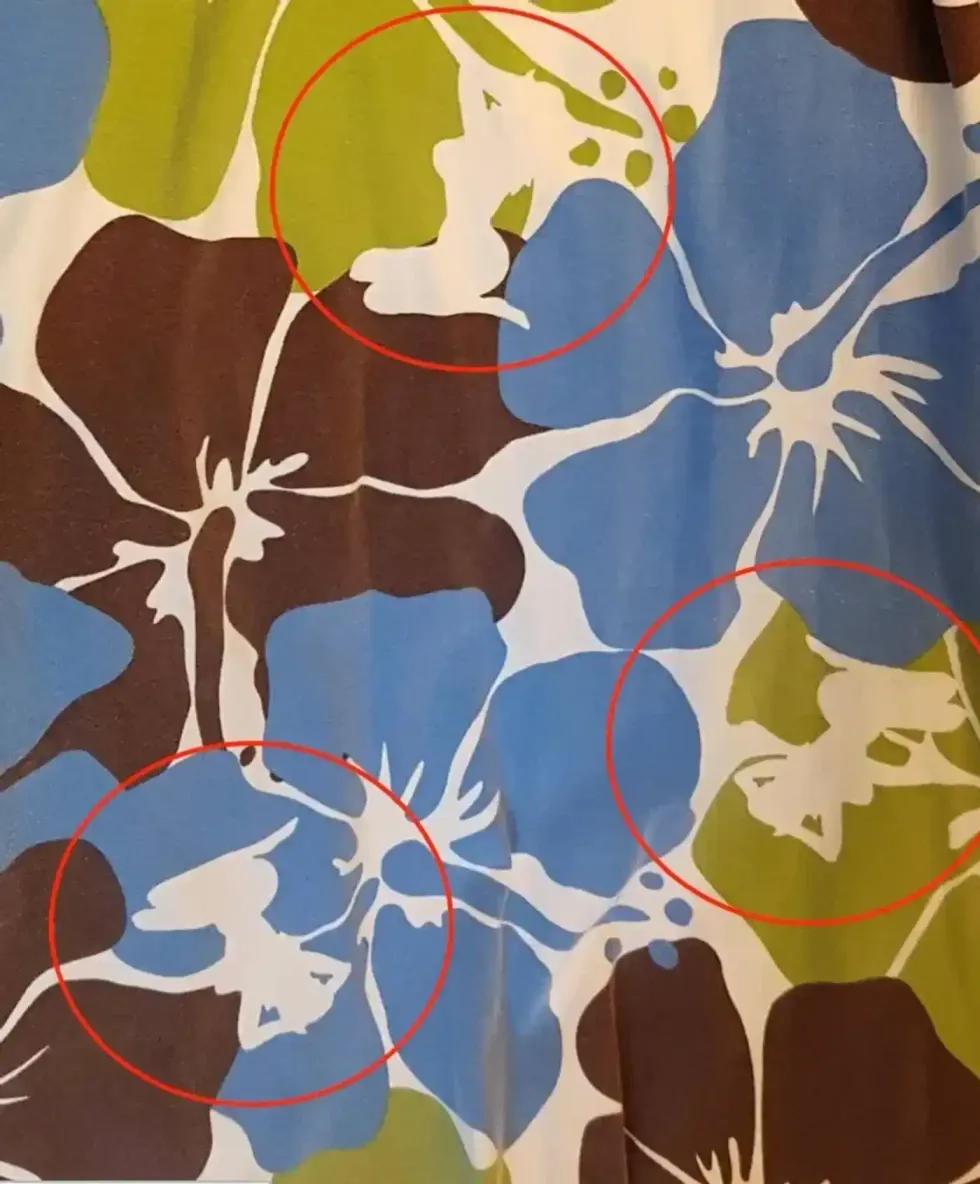 Image of the floral dress with the risque images circled
Image of the floral dress with the risque images circled 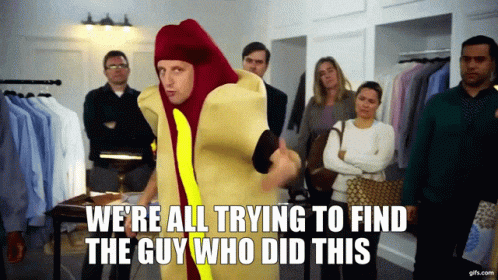 Gif of Tim Robinson via
Gif of Tim Robinson via 
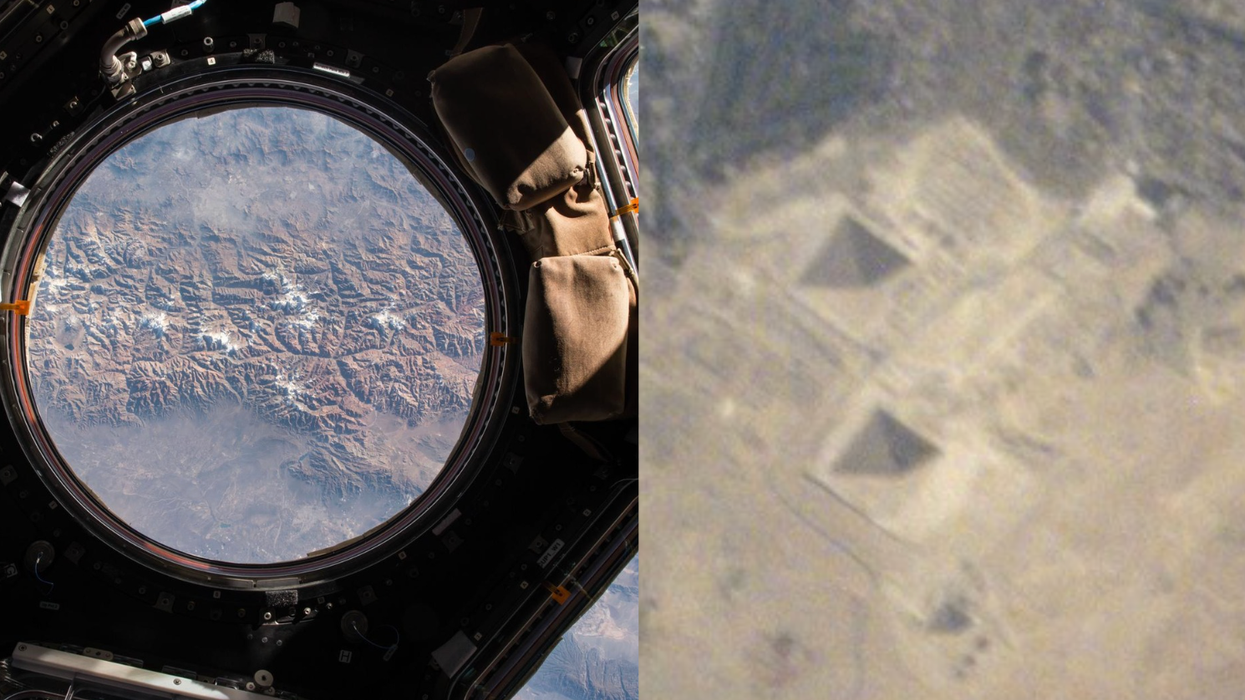
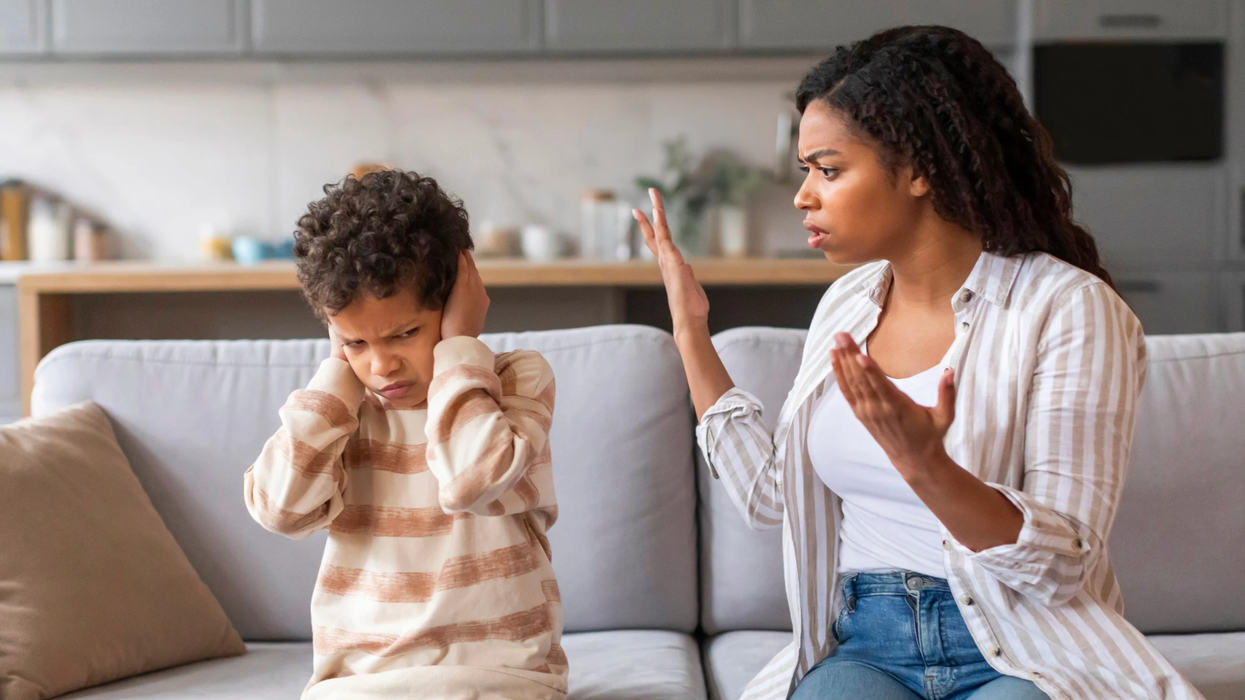
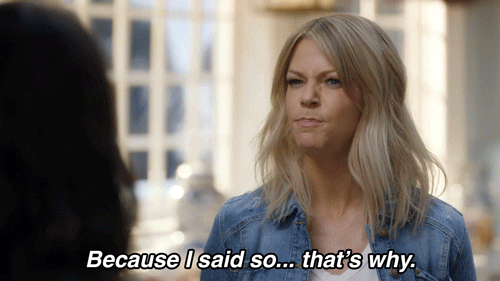 Gif of Kaitlin Olson saying "Because I said so ... that's why" via
Gif of Kaitlin Olson saying "Because I said so ... that's why" via 

 A hand holds several lottery ticketsCanva
A hand holds several lottery ticketsCanva "Simpsons" gif of newscaster winning the lotto via
"Simpsons" gif of newscaster winning the lotto via